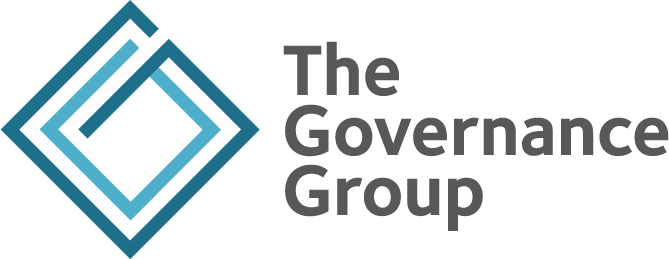(Hint: Oversight doesn’t mean failure to notice something)
Despite its sometimes-negative connotation, in this case oversight refers to the board’s responsibility to oversee the affairs and business of the organization.
Monitoring is the process the board employs to perform its oversight duties and ensure the organization is conducting its business and affairs consistent with its mission, vision and strategic goals while in compliance with applicable laws, regulations, bylaws, policies and conditions set by funding sources.
Together, oversight and monitoring are one of the board’s ways of keeping control of the organization and of ensuring the organization is doing what the board has directed it to do.
Unfortunately, boards generally look at the wrong things to tell them how well the organization is doing. Just because they know how well programs are doing and what issues and/or problems the Executive Director is addressing, they tend to think they’re fulfilling their oversight duties. Being aware of how special activities or events proceed and considering whether and how they can be serving greater numbers, doesn’t mean they’re meeting their responsibilities. Reviewing programs and services in such a way is not effective oversight and monitoring of organizational performance.
What to focus on
Board monitoring needs to be targeted on organizational performance. The focus is on the Executive Director’s:
- achievement of measurable operational and strategic goals/outcomes;
- compliance with applicable laws, regulations, board policies, funder requirements;
- fulfillment of his/her employment contract responsibilities.
Monitoring achievement: This is looking at information or data (evidence) relevant to achieving the direction, strategic and annual goals/outcomes and other expectations that were set by the board. Essentially, looking for results that have been achieved.
Monitoring compliance: This is looking at information or data (evidence) that tells the board if the organization is following applicable laws, regulations, policies and any conditions set by funding sources.
Monitoring fulfillment of employment contract responsibilities/obligations: If the board has an employment contract with the Executive Director it will want to monitor his/her performance with respect to fulfillment of whatever responsibilities and obligations are contained in the contract.
When to monitor
Monitoring is something that must occur on a regular basis throughout the year. Just as a board will review the status of its financial condition at its regular or quarterly board meetings, it should also review progress on the Executive Director’s annual operational goals/outcomes and compliance with board policies at every board meeting.
Because monitoring is one of the primary job functions of the board, it is imperative to protect the place and time allocated to it on the agenda.
If you would like more information on oversight and monitoring, please give me a call at 250.465.1245. You can also email me at colin@governance.ca.
